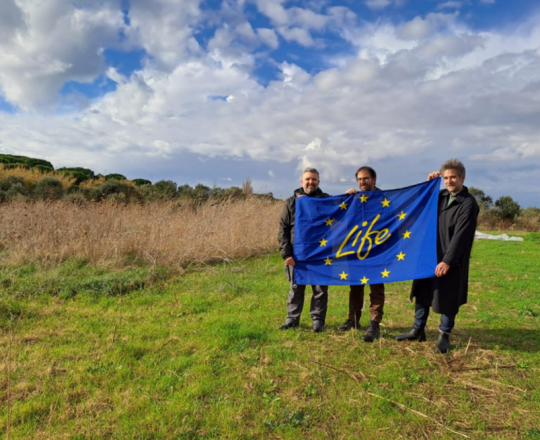
WWF explores the frontiers of conservation: visit to the newly established Ninasco Farm
On 14 December 2023, Francesco Marcone and Stefano Picchi of WWF paid a special visit to the Ninasco Farm, a


On 14 December 2023, Francesco Marcone and Stefano Picchi of WWF paid a special visit to the Ninasco Farm, a
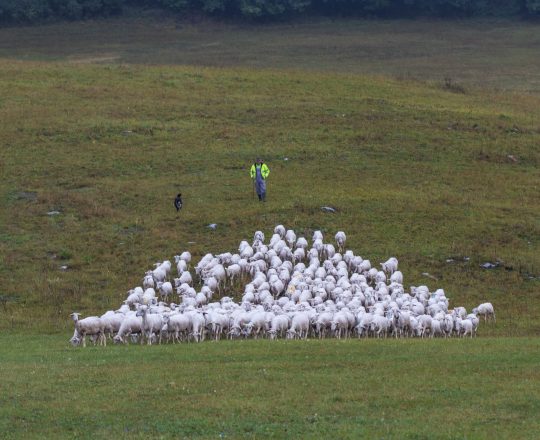
Farmer Denis Komjaty farms in a beautiful, but also harsh region in the close vicinity of the Muránska Planina National Park. The Agrospol Hradová farm has been farming here since 1997. They have gone through various changes on their farming journey, starting with cows but gradually moving on to sheep farming and processing milk into finished products. Rare species of plants and animals are often found in their vicinity, which is why they are also of great importance for biodiversity and practical nature conservation. In cooperation with conservationists, ground squirrels were released some years ago, which together with donkeys help in the maintenance of the grazing land.
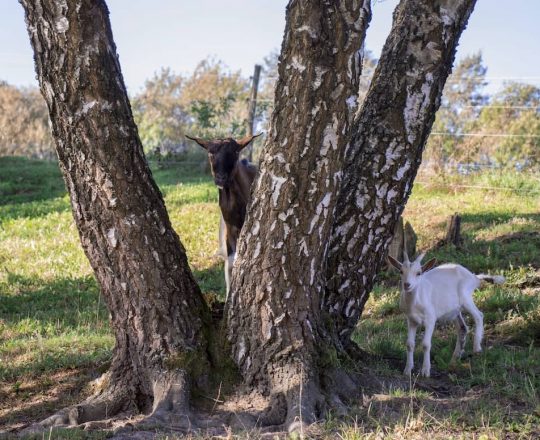
In the family goat farm at Vlčí Vrch, in the heart of the White Carpathians, Ivana Kodajová and her partner Max keep nearly 70 goats. The animals are grazed in a 13 ha area and they are reared in a way, which is close to the natural needs of the animals. The goats from Vlčí Vrch graze in the protected landscape area, also on the rare and species-rich White Carpathian meadows. They directly contribute to the maintenance of high biodiversity.
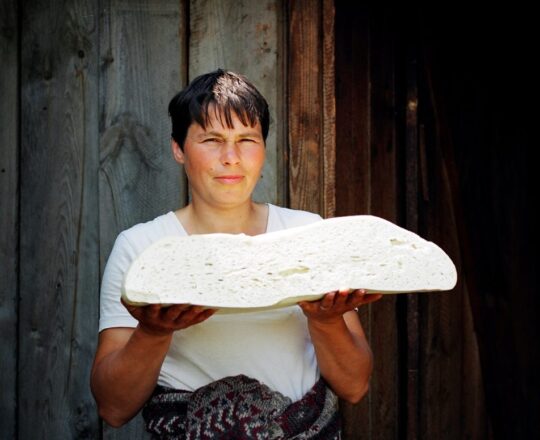
Fundatia ADEPT is a biodiversity conservation and rural development NGO based in Romania. Their people have been committed to protecting Transylvania's nature-rich , farmed landscapes and supporting traditional farming communities for almost 20 years. These communities created the landscape over centuries and maintain it until today. In the Târnava Mare area, part of Natura 2000, typically, the farmers' wives turned the fruit harvested from gardens, orchards and woods into jams, compotes, and syrups.
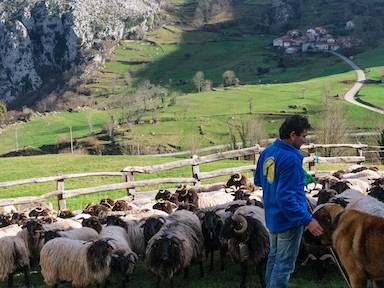
Mountain livestock grazing plays an important role in preserving the landscape and its biodiversity and reducing carbon emissions and forest fires. Despite this, it is one of the most threatened economic activities in the Picos de Europa, a National Park located in the north of Spain. The aim of the new Pro-Biodiversidad Brand is to recover this production system in Natura 2000 mountain areas and to promote a direct marketing model for their local products.
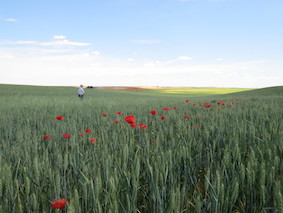
Since 2009, Fundación Global Nature (FGN) develops a pioneer programme to support the production and selling of pulses (lentils and chickpeas) produced under organic schemes and in Natura 2000 sites. This programme is based in a wide Land Stewardship Network strategy, where FGN involves farmers in nature conservation projects, Biodiversity Action Plans, Sustainable Productive Code, and so on.
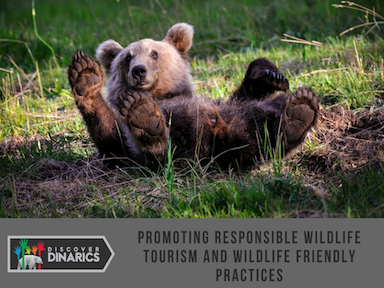
Human acceptance of bears is the most important factor in ensuring the species’ long-term survival in the human-dominated landscape of the Dinarics. Therefore, reducing human-bear conflicts is crucial for the conservation of bears. Through the LIFE DINALP BEAR project, conservationists are working to do so through awareness raising and the bear-friendly label.
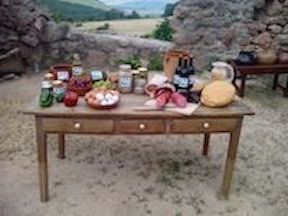
The products collected by SEO/Birdlife with the Natura 2000 label have all been produced with respect for nature and the Natura 2000 areas they are connected to. Manufacturers support the Natura 2000 areas and their conservation.

The twenty-five farmers involved in the 'Balkan for the People' project have been assisted by the Bulgarian-Swiss Cooperation Programme in order to benefit from ecosystem services while maintaining beneficial economic activities.
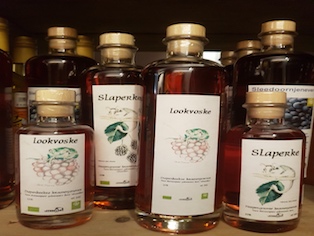
The Lookvoske and Slaperke jenevers produced by distillery 't Stookkot are both fruit gins made with blackberries. By using a short supply chain approach, the local economy benefits and impact on the climate is kept to a minimum.

The Terre dell’ Oasi partnership aims to demonstrate that when economic activities are sustainable they can be compatible with nature conservation, becoming an important source of revenue for protected areas.
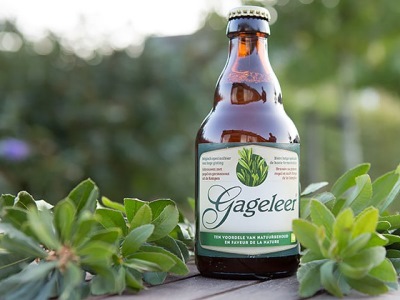
Gageleer is a beer with the taste of the land where it is born: bog myrtle from nature, and barley from fully organic agriculture. By using locally grown barley, it supports the local economy and minimizes its ecological footprint.
Natura 2000 is the largest network of protected areas in the world. People living in and around Natura 2000 areas utilise these for a variety of economic activities. Designation of Natura 2000 areas often creates additional restrictions though, sometimes leading people to perceive Natura 2000 as a burden. One solution to this problem is to make products coming from Natura 2000 areas better known and more appealing to the public and increase awareness of the benefits these products provide for nature and for people working in Natura 2000 areas.
This website is part of a Natura 2000 branding campaign, stressing the benefits Natura 2000 can provide to local economies. It showcases products produced in Natura 2000 areas accompanied by inspiring background stories about the collaborations and socio-economic benefits related to those products. By sharing these successful and positive stories the campaign aims to trigger new partnerships between site managers, farmers and local businesses, and improve perceptions of and increase support for the Natura 2000 network.
Natura 2000 branding benefits people, nature and local economy